22 pages • 44 minutes read
Emily DickinsonIf I should die
Fiction | Poem | Adult | Published in 1891A modern alternative to SparkNotes and CliffsNotes, SuperSummary offers high-quality Study Guides with detailed chapter summaries and analysis of major themes, characters, and more.
Poem Analysis
Analysis: “If I Should Die”
The poem reflects on life after the speaker’s hypothetical death. In doing so, the poem acknowledges what it perceives as a universal conceit: that many people think their death will be something like the apocalypse, that is, when they die, the world ends. Others must therefore be prepped on how to proceed without their presence. Though this is an everyday occurrence—someone dying and another surviving them—the speaker makes her potential death a grand agenda and therefore preps the “you” of the poem.
At its most personal level, the “you” referenced is most likely a lover, a close confidant, or even a family member. But there are other less immediately clear audiences that the poet may be addressing, an audience wide enough to include, more than a century and a half after its composition, the reader (despite Dickinson’s studied refusal to pursue publication of her poetry). The “you” might even be the speaker addressing her own essence, her very soul, which is a distinct possibility given the Christian doctrines that Dickinson studied so closely to survive the body’s spiral into mortality. In any event, the premise of the poem is how to handle the reality that individual death robs the world only of that individual life.
Related Titles
By Emily Dickinson

A Bird, came down the Walk
Emily Dickinson
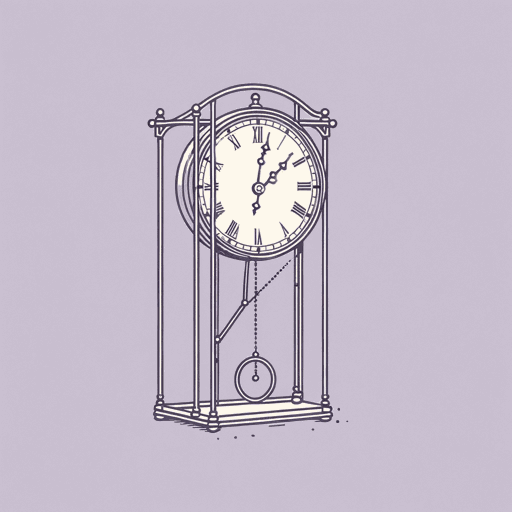
A Clock stopped—
Emily Dickinson

A narrow Fellow in the Grass (1096)
Emily Dickinson

Because I Could Not Stop for Death
Emily Dickinson

"Faith" is a fine invention
Emily Dickinson
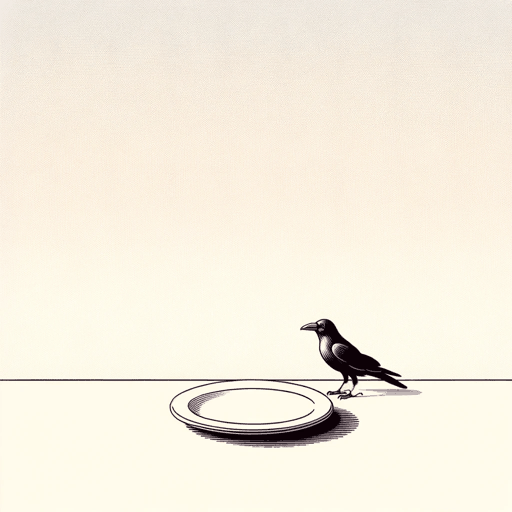
Fame Is a Fickle Food (1702)
Emily Dickinson

Hope is a strange invention
Emily Dickinson
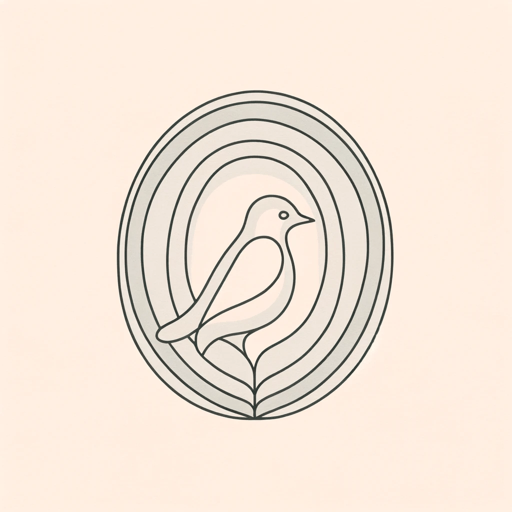
"Hope" Is the Thing with Feathers
Emily Dickinson

I Can Wade Grief
Emily Dickinson

I Felt a Cleaving in my Mind
Emily Dickinson

I Felt a Funeral, in My Brain
Emily Dickinson

If I Can Stop One Heart from Breaking
Emily Dickinson

If you were coming in the fall
Emily Dickinson

I heard a Fly buzz — when I died
Emily Dickinson
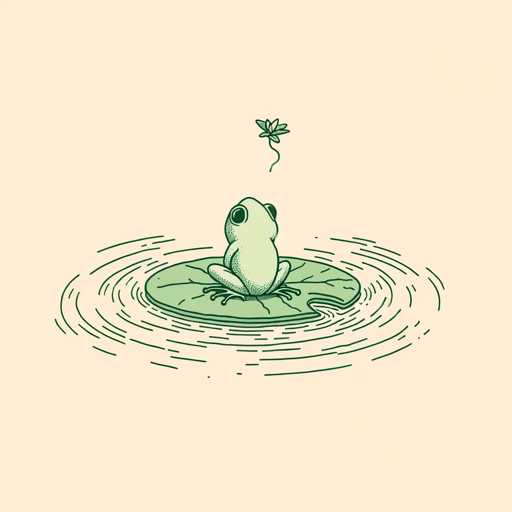
I'm Nobody! Who Are You?
Emily Dickinson

Much Madness is divinest Sense—
Emily Dickinson

Success Is Counted Sweetest
Emily Dickinson
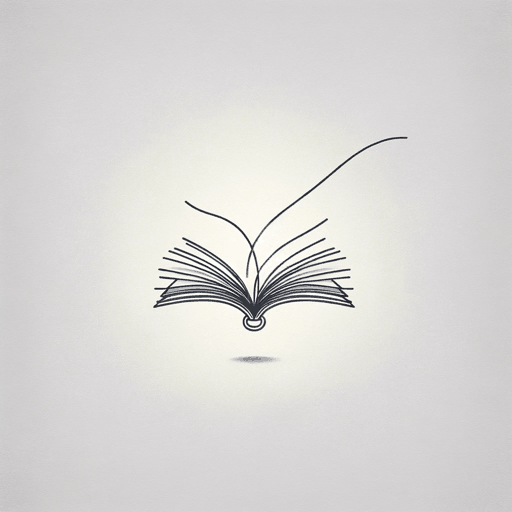
Tell all the truth but tell it slant
Emily Dickinson
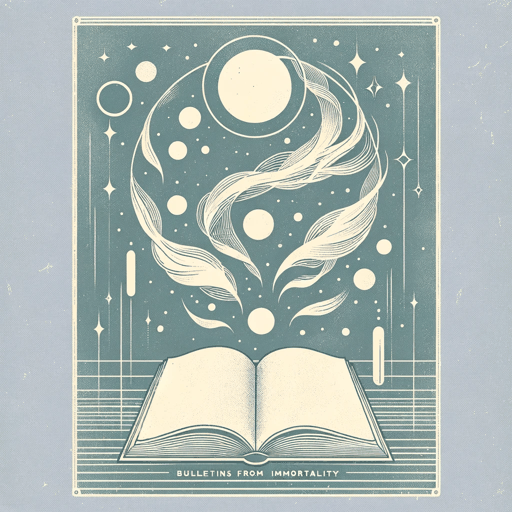
The Only News I Know
Emily Dickinson

There is no Frigate like a Book
Emily Dickinson
Featured Collections
Business & Economics
View Collection
Earth Day
View Collection
Fate
View Collection
Memory
View Collection
Mortality & Death
View Collection
Nature Versus Nurture
View Collection
Nostalgic Poems
View Collection
Poetry: Perseverance
View Collection
Short Poems
View Collection
Truth & Lies
View Collection
Valentine's Day Reads: The Theme of Love
View Collection

